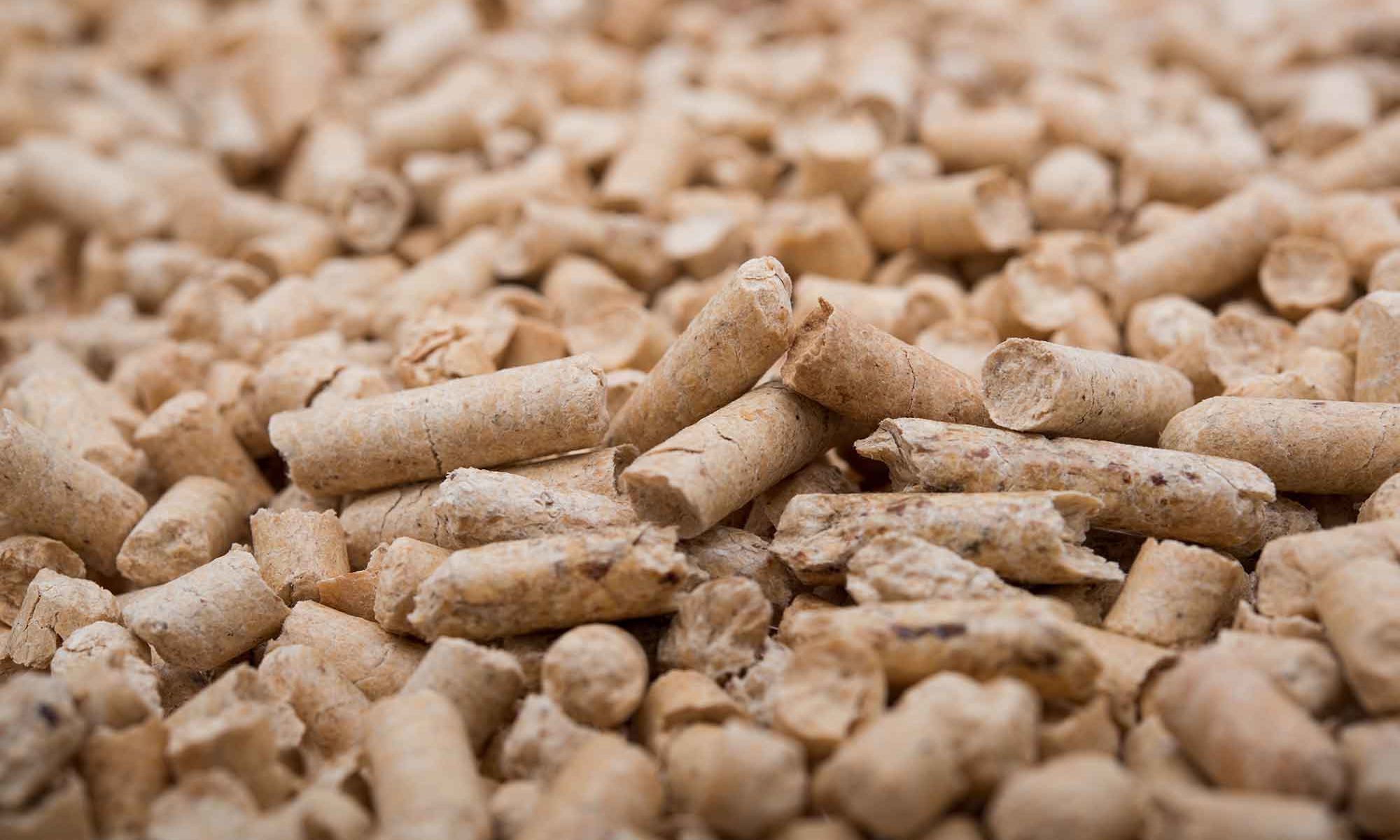CAPCOM stands for Clean Agro Pellet Commodity. In this international project, companies and knowledge institutions worked together to develop technology for the production of a bulk raw material from residual flows from the agro industry. The outcome is relatively clean and well-defined pellets. They are not only useful for low-emission biofuel or soil improvers, but can also be fermented into chemical building blocks, for example for the production of bioplastics.
In the new bioeconomy, an important role is reserved for agricultural residues. In this project, these were, for example, empty fruit bunches from the oil palm, bagasse and sugarcane trash. These flows are still insufficiently used, because they are more expensive than fossil raw materials. They are also difficult to trade on the world market because of the lack of uniformity in form and composition. Turning them into standard pellets makes this a lot easier.
Removing unwanted substances
In this proces, unwanted substances like chloride and potassium are removed from the biomass. Koen Meesters, researcher at Wageningen Food & Biobased Research: “Producers do not want those in their raw materials because they can cause corrosion in the equipment and piping.” Around 90% of the unwanted minerals can be washed out of the biomass with water. The potassium-rich water can then be used to irrigate and fertilise sugarcane or palm plantations.
“The next step is to produce bio-commodities for other basic chemicals and materials,” says Edwin Hamoen, programme manager for biorefinery at Wageningen Food & Biobased Research. “The challenge is to use as many local residual streams as possible. For the Netherlands, for example, think of tomato stems from greenhouse horticulture that are processed here into a customised commodity.”
Consortium
CAPCOM-NL was an international consortium of the agro-industry (Palmaceites, Colombia and Raizen, Brazil), a grower (Cradle Crops), technology developers (Viride, Wageningen Food & Biobased Research and TNO) and end users (RWE and Alco Energy Rotterdam). The project was funded by TKI-BBE and project partners.
Read more on the website of Wageningen University&Research (WUR).
Image: tchara/Shutterstock



